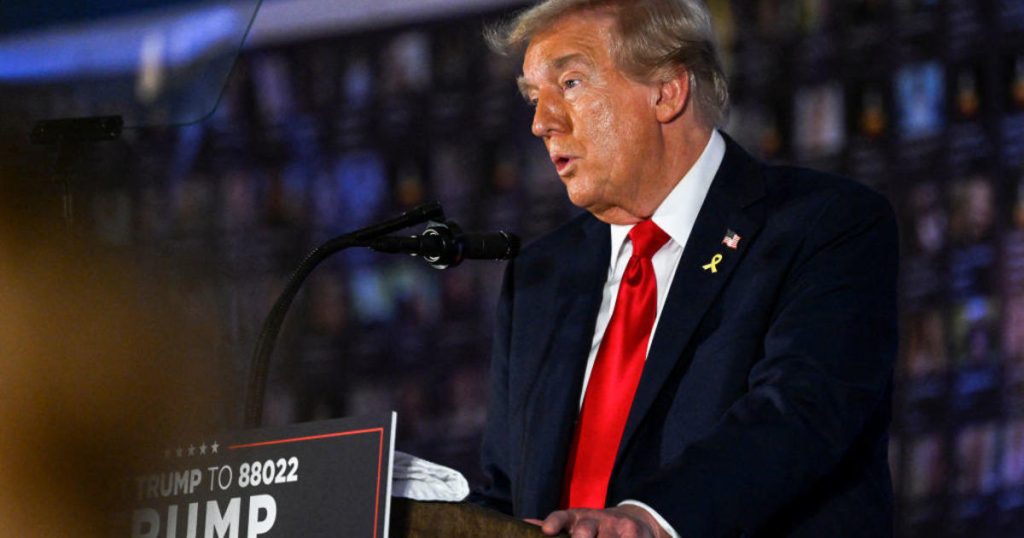In the early days of the COVID-19 pandemic in 2020, then-President Donald Trump reportedly sent Russian President Vladimir Putin a COVID-19 test machine, according to the new book "War" by Bob Woodward. Woodward indicated that Trump gave Abbott point-of-care testing kits to Putin for his personal use. Putin allegedly insisted that Trump keep the gift quiet. Vice President Kamala Harris expressed disbelief at the claims, questioning why Trump would send such precious assets to a "murderous dictator." Even after leaving office, Trump reportedly stayed in touch with Putin, with an aide stating that Trump had as many as seven private calls with the Russian president. These interactions further raised questions about Trump’s relationship with Putin, especially in light of Trump’s refusal to express a preference in the Russia-Ukraine conflict.
During one of his private calls with Putin earlier this year, Trump allegedly urged Republicans to block additional aid to Ukraine to aid in the country’s fight against Russia. The aid shared this information with Woodward, who was unable to verify the calls independently. Harris expressed her belief that, had Trump been president, Putin would have conquered Ukraine by now. She criticized Trump’s approach as being about surrender. Trump’s 2024 campaign communications director, Steven Cheung, dismissed Woodward’s claims as false, alleging that the book was the work of a biased and deranged individual suffering from "Trump Derangement Syndrome." Cheung asserted that Trump had given no access to Woodward for the book and called it a work of fiction belonging in the bargain bin.
In addition to the revelations regarding Trump’s interactions with Putin, Woodward’s book also includes accounts of President Biden’s private frustrations with Israeli Prime Minister Benjamin Netanyahu. Woodward reported that as the fighting in Gaza intensified earlier this year, Biden referred to Netanyahu as a "son of a b*" and described him as a "bad fing guy." The book sheds light on the challenges and complexities of diplomatic relations and the private frustrations that leaders may experience behind the scenes. Harris indicated that Trump’s approach towards Russia and Ukraine could have potentially led to a different outcome in the conflict, emphasizing the importance of strong leadership in international relations.
The disclosed contacts between Trump and Putin spark further scrutiny of the former president’s foreign policy decisions and the nature of his relationship with the Russian leader. The revelations highlight the ongoing debate surrounding the Trump administration’s handling of international affairs and raise questions about the motivations behind certain actions or decisions. Harris’s comments reflect concerns about Trump’s approach to diplomacy and national security, suggesting that his actions could have had significant consequences if he had remained in office. The book’s portrayal of behind-the-scenes interactions and frustrations among world leaders offers a glimpse into the complexities of international relations and the challenges of navigating diplomatic relationships in times of crisis.
Ultimately, Woodward’s book provides a window into the inner workings of leadership and the nuances of foreign policy decisions. The reported interactions between Trump, Putin, Biden, and Netanyahu underscore the complexities and challenges of international relations, shedding light on the personal dynamics and frustrations that can shape diplomatic interactions. The book’s revelations offer insights into the personal beliefs and motivations of key leaders, sparking discussions about the impact of their actions and decisions on global politics. As the world continues to grapple with ongoing challenges and conflicts, understanding the behind-the-scenes interactions and dynamics in world politics becomes crucial for gaining a deeper understanding of international relations and the complexities of diplomacy.














